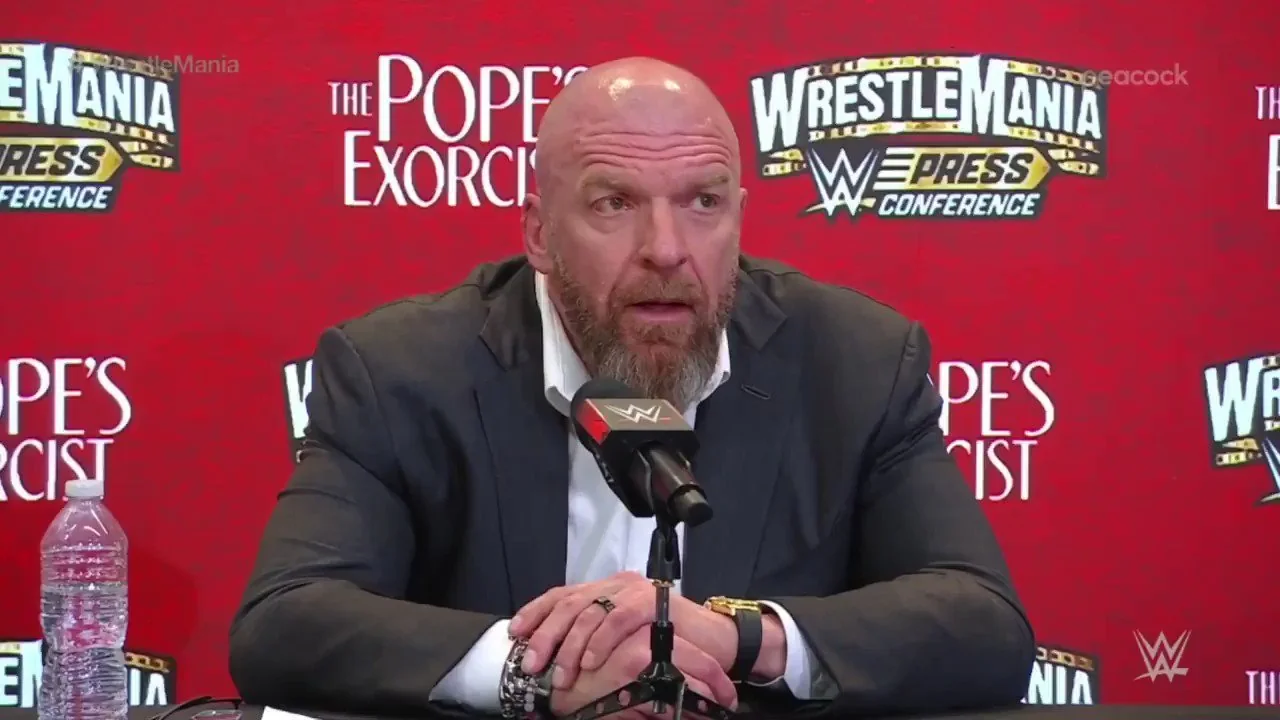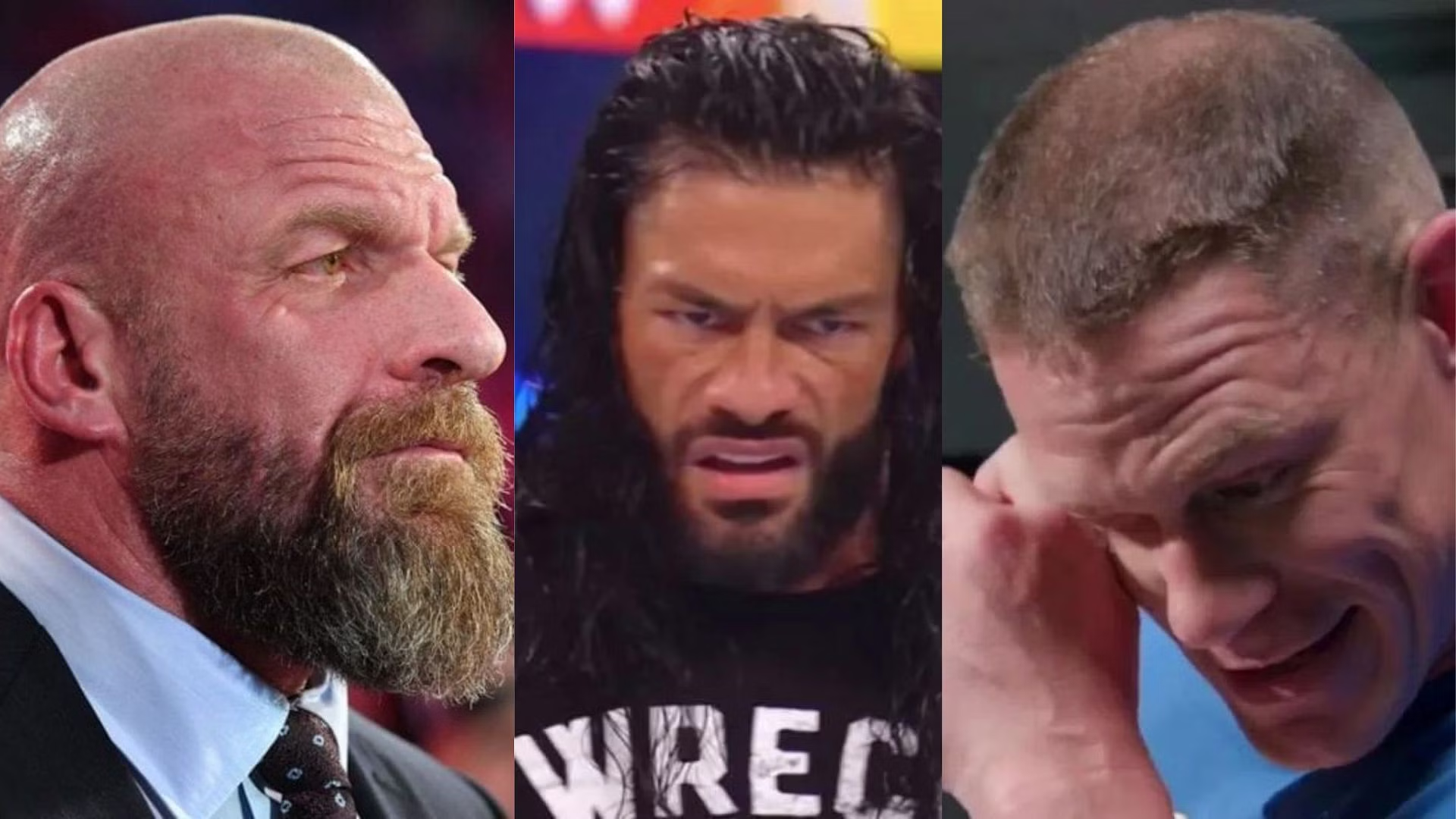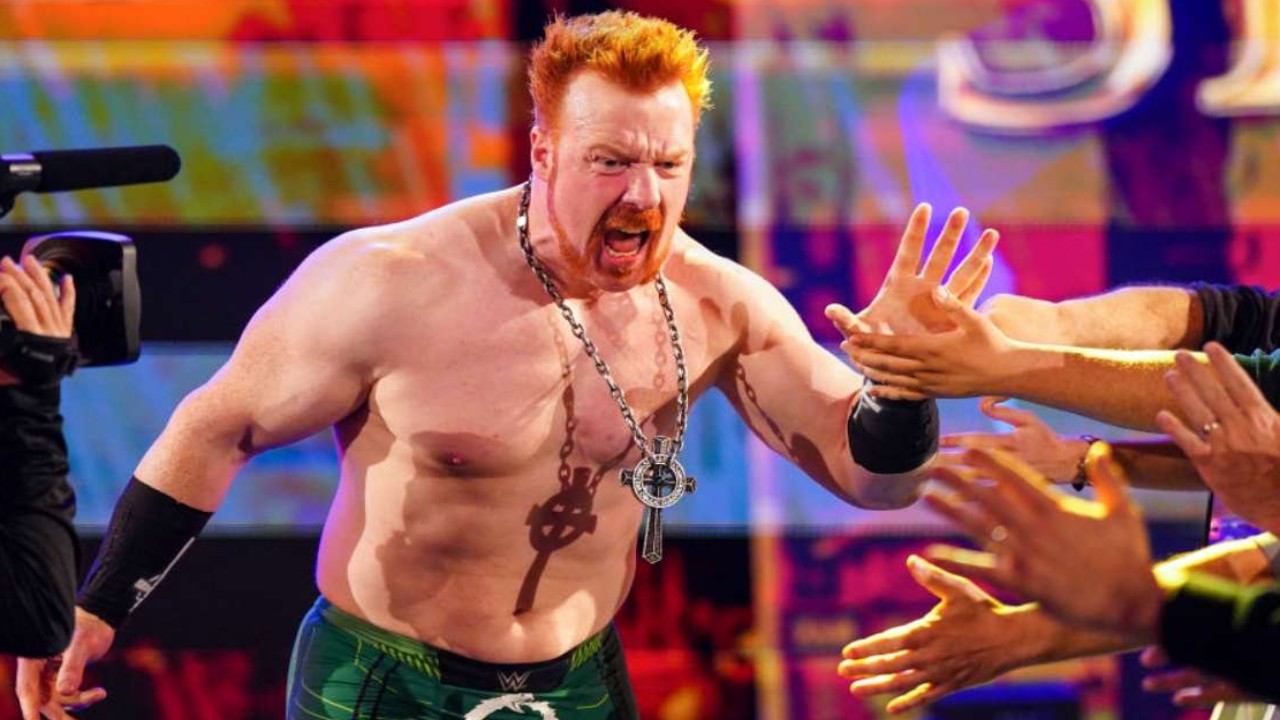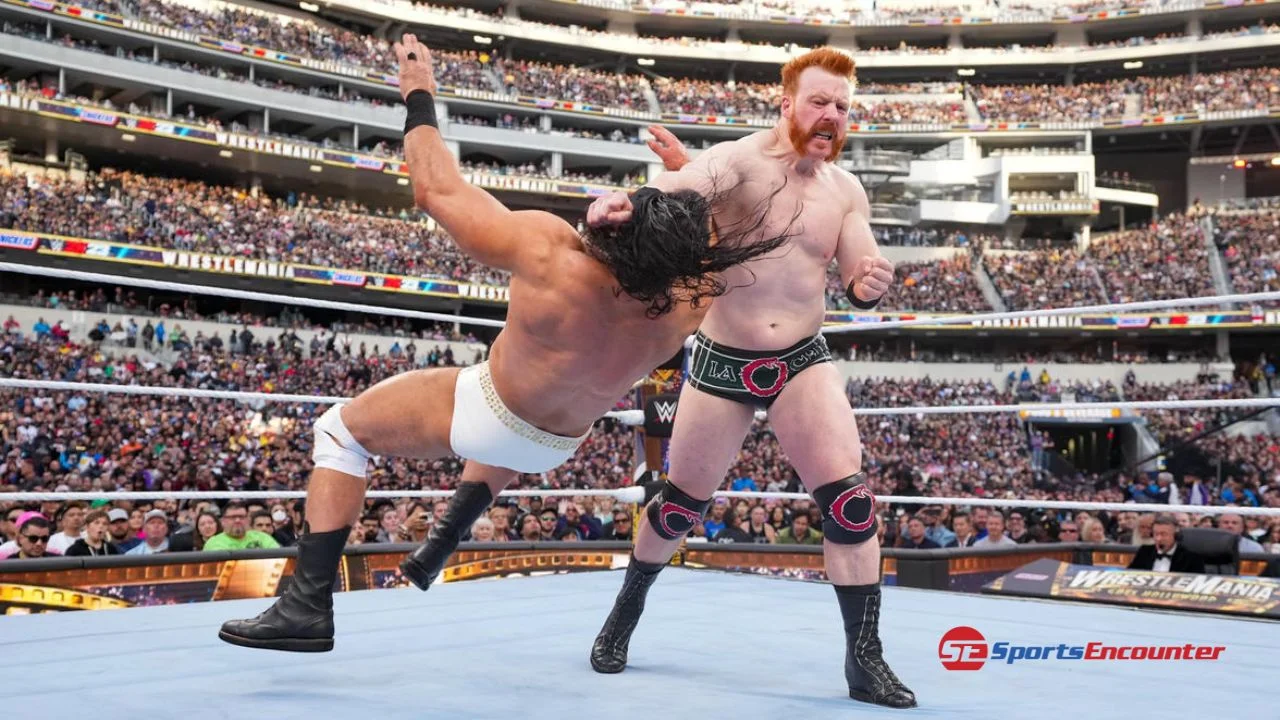Professional wrestling, where allegations of favoritism carry substantial weight. Recently, Vince Russo, a former WWE head writer, has raised eyebrows with his critique of Triple H, the Chief Content Officer of World Wrestling Entertainment. According to Russo, Triple H’s close relationship with certain wrestlers, particularly Sheamus, has significantly influenced their career trajectories within the company.

Sheamus, often referred to as “The Celtic Warrior,” has enjoyed a decorated career, capturing almost every major title in WWE, including the World Wrestling Entertainment Championship, World Heavyweight Championship, and numerous others. His recent return to WWE RAW, where he triumphed over Ivar of The Viking Raiders, only added to his impressive resume. However, Russo argues that this success is not solely a result of Sheamus’s talent and hard work.
During an episode of “Legion of RAW,” Russo expressed his frustration with what he perceives as a pattern of favoritism: “I know Sheamus is Hunter’s boy and Finn [Balor] is somebody else’s boy. Because of that, they keep guys for way, way, way too long.” He lamented that other deserving wrestlers like Jinder Mahal and Indus Sher have not been given proper opportunities, suggesting that their lack of “correct booking” might stem from not having similar backing within World Wrestling Entertainment’s hierarchy.
The Impact of Favoritism on WWE’s Talent Utilization
The implications of Russo’s accusations extend beyond individual grievances, touching on broader issues of talent management and fairness in World Wrestling Entertainment. If true, such favoritism could demotivate other wrestlers who feel overlooked, potentially stifling diversity and dynamism in World Wrestling Entertainment’s storytelling and character development.

Russo’s comments reflect a common critique in entertainment industries, where connections often play a role in the success or failure of talent. His specific call-out of Jinder Mahal, who briefly held the WWE Championship but never solidified his status at the top, exemplifies the perceived imbalance. “Jinder was great, never got his run. Him and his guys never got their run,” Russo emphasized, pointing to missed opportunities to elevate new stars.
Drew legitimately breaking Sheamus. This was funny. Sheamus is a good sport.#WWERaw pic.twitter.com/Yu3WUhkjme
— FirstNameJ0hn (@FirstNameJ0hn) April 23, 2024
A Closer Look at Sheamus’s WWE Legacy
Despite the controversy, Sheamus’s impact on WWE is undeniable. His list of accolades speaks to a career that many aspiring wrestlers can only dream of. Additionally, his recent victories, like the one against Shinsuke Nakamura on RAW where he executed a decisive Brogue Kick, demonstrate that he still possesses the capability to perform at a high level.

The question remains whether Sheamus’s continued prominence is a testament to his skill and audience appeal, or if, as Russo suggests, it’s bolstered by favoritism from World Wrestling Entertainment executives. Interestingly, Triple H did play a significant role in Sheamus’s early days in the company, further complicating the narrative.
Conclusion: Navigating the Complex Dynamics of WWE
As WWE continues to evolve under Triple H’s leadership, the balance between merit and favoritism will likely remain a topic of debate. For fans and insiders alike, understanding these dynamics is crucial to appreciating the complexities of wrestling’s entertainment spectacle. While Vince Russo’s views may be contentious, they invite a necessary discussion about fairness, opportunity, and the future direction of World Wrestling Entertainment.
As this story unfolds, all eyes will be on how World Wrestling Entertainment manages its talent and whether it can address these accusations of favoritism without sacrificing the integrity of its competitive spirit. Whether or not one agrees with Russo, his comments offer a critical lens through which to view the decisions shaping the careers of WWE’s superstars.

